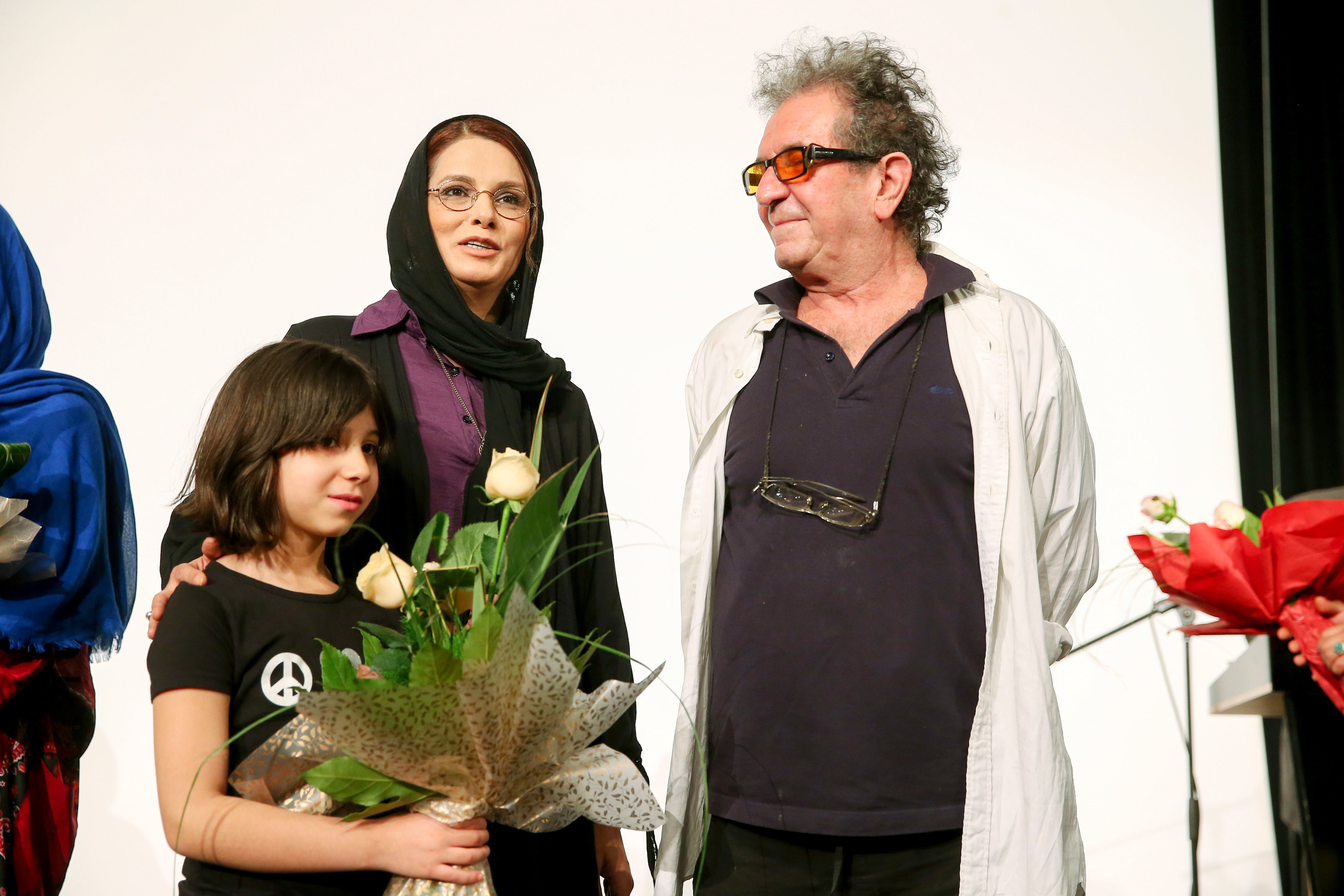Top Iranian filmmaker Dariush Mehrjui stabbed to death alongside wife at home
The director was considered an architect of the Iranian new wave cinema movement of the seventies
Your support helps us to tell the story
From reproductive rights to climate change to Big Tech, The Independent is on the ground when the story is developing. Whether it's investigating the financials of Elon Musk's pro-Trump PAC or producing our latest documentary, 'The A Word', which shines a light on the American women fighting for reproductive rights, we know how important it is to parse out the facts from the messaging.
At such a critical moment in US history, we need reporters on the ground. Your donation allows us to keep sending journalists to speak to both sides of the story.
The Independent is trusted by Americans across the entire political spectrum. And unlike many other quality news outlets, we choose not to lock Americans out of our reporting and analysis with paywalls. We believe quality journalism should be available to everyone, paid for by those who can afford it.
Your support makes all the difference.A “pioneering” Iranian filmmaker and his screenwriter wife have been found stabbed to death in their home near Tehran.
Dariush Mehrjui, 83, and Vahideh Mohammadifar were found with fatal injuries by their daughter on Saturday evening, in Karaj, a mountainous province in north-west Iran.
The director was considered an architect of the Iranian new wave cinema movement of the seventies and his wife was a novelist and costume designer.
Mehrjui was found by his daughter Mona, who had arrived for dinner at their family home at around 9pm local time, said Hossein Fazeli-Harikandi, chief justice of Alborz province.
“During the preliminary investigation, we found that Dariush Mehrjui and his wife, Vahideh Mohammadifar, were killed by multiple stab wounds to the neck,” said Mr Fazeli-Harikandi.
Police said the scene is believed to be “related to murder” and that a motive for the killings remains unknown.

They said “no signs of forced entry can be seen at the crime scene” and “no damage has been done to the doors” of their home.
The filmmaker’s wife had earlier complained that she believed her home had been burgled and said she had been threatened in an interview with the Etemad newspaper.
“The investigation revealed that no complaints had been filed regarding the illegal entry into the Mehrjui’s family villa and the theft of their belongings,” said Mr Fazeli-Harikandi.

Watch Apple TV+ free for 7 days
New subscribers only. £8.99/mo. after free trial. Plan auto-renews until cancelled

Watch Apple TV+ free for 7 days
New subscribers only. £8.99/mo. after free trial. Plan auto-renews until cancelled
Four suspects have been identified in relation to the murders and two have been arrested, according to Iran’s ISNA news agency.
Iranian actor and director Houman Seyedi expressed grief over the killings on social media and said it was “terrible and brutal”.
“This is unbelievable,” he said in an Instagram post. “It is terrible and brutal, for what sin? They kill two defenceless human beings like this!”
Iran’s minister of culture, Mohammad-Mehdi Esmaili, hailed the filmmaker as "one of the pioneers of Iranian cinema" and "the creator of eternal works".
Born to a middle-class family in 1939 in Tehran, Mehrjui studied philosophy in the US and later lived in France for five years. He returned to Iran and launched a literary magazine and released his first film Diamond 33 in 1967, which was a parody of the James Bond films.
Mehrjui rose to international prominence with one of his best-known works, The Cow, in 1969, cementing his place as part of Iran’s new wave cinema movement. The film depicted a poor farmer’s love for his cow and anger over its death and was banned for its stark portrayal of rural Iranian poverty.
The films from the new wave era were characterised by a style of storytelling that was realistic and used a poetic disposition, mostly focusing on the rural lower class.
During his time in France he worked on the documentary Journey to the Land of Rimbaud and released a box office hit called The Tenants in Iran later.
The filmmaker said in one of his interviews that he was greatly influenced by the works of Swedish filmmaker Ingmar Bergman and Italian Michelangelo Antonioni.
“I don’t make directly political films to promote a particular ideology or point of view. But everything is political,” he said in an interview.




Join our commenting forum
Join thought-provoking conversations, follow other Independent readers and see their replies
Comments